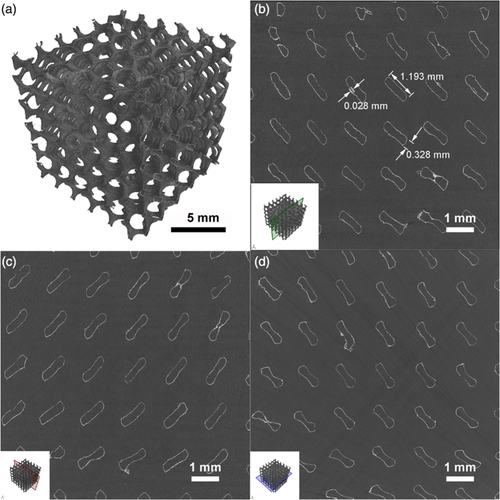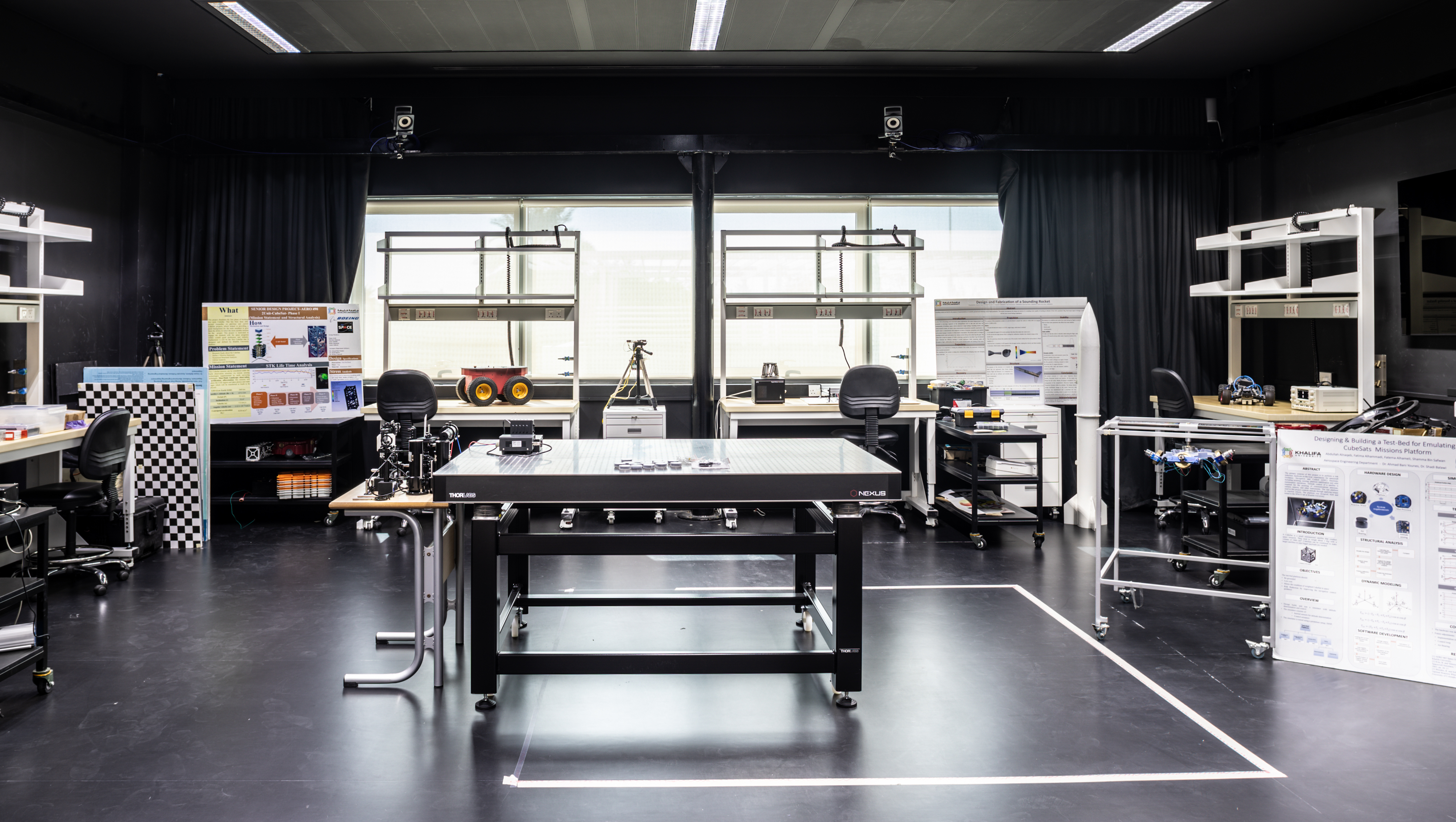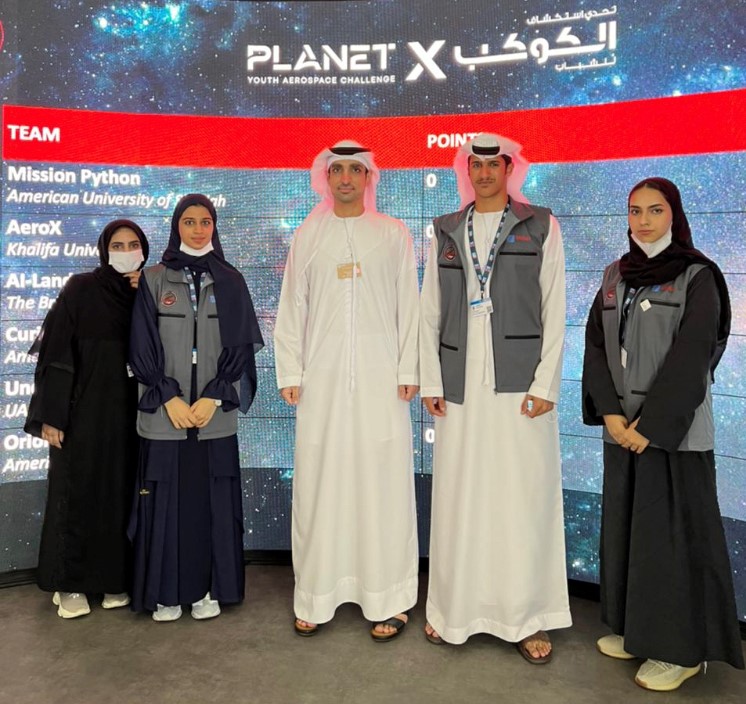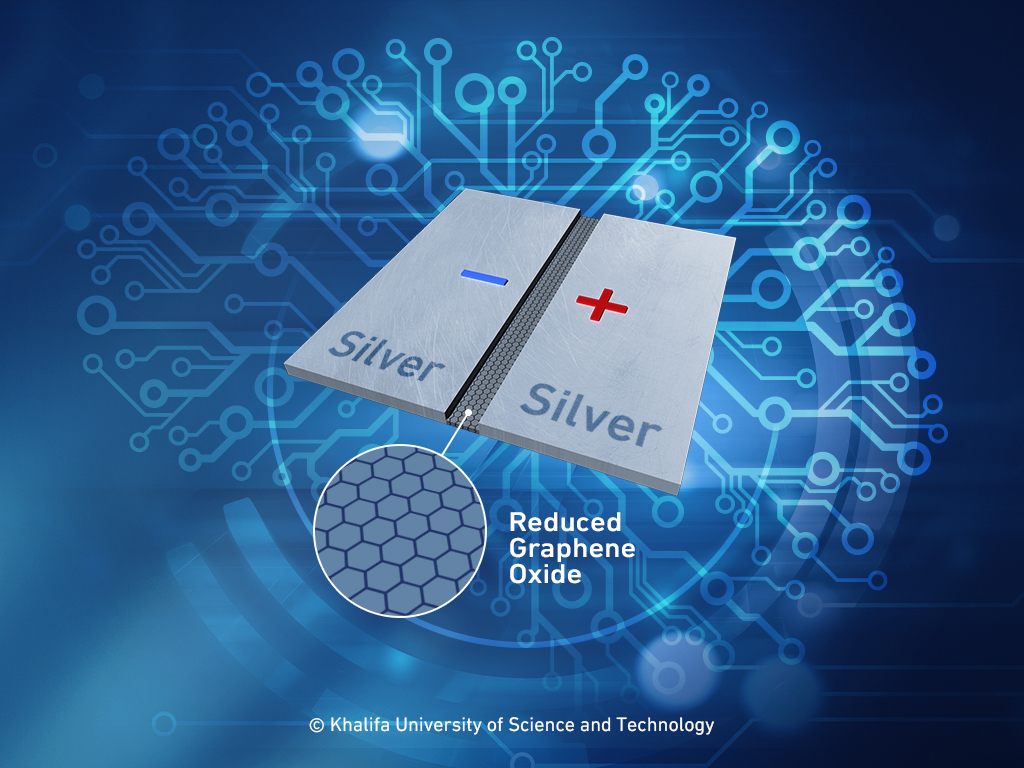Process Mining Paper Nominated for Best Student Paper Award at International Conference in Vienna
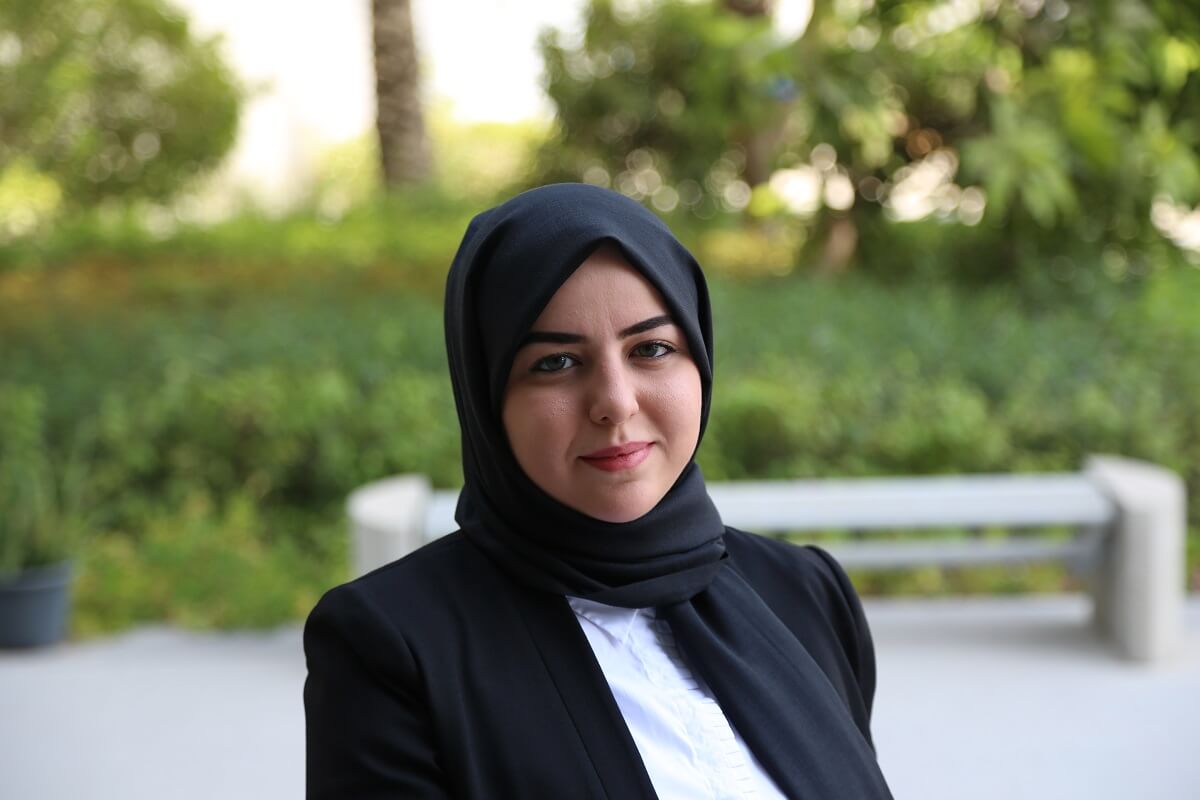
Paper authored by KU Team proposes new ‘log-lifting’ framework to make business process models more accurate and valuable
A paper written by a team of researchers from Khalifa University that offers a new process mining solution that helps companies develop more accurate and insightful business process models was nominated for the Best Student Paper Award at the 17th International Conference on Business Processing Management 2019, which took place earlier this month in Vienna.
The paper, which was one of three to be nominated for the selective award, was authored by PhD student Ghalia Tello, Dr. Gabriele Gianini, Senior Researcher at the Emirates ICT Innovation Center (EBTIC), Dr. Rabeb Mizouni, Associate Professor of Computer Engineering, and Professor Ernesto Damiani, Senior Director of the Artificial Intelligence and Intelligent Systems Institute and Director of the Center for Cyber-Physical Systems (C2PS).
Process mining techniques analyze business process activity data from different perspectives and summarize them into useful information for making business decisions. Many businesses have an IT system that stores data in databases – such as patient treatment records, student data, or order handling – and creates ‘event logs’ with that data. Process mining uses those event logs to develop a process model that helps to visualize and analyze the real-life execution of the company’s processes.
Examples of business processes are the process of handling a customer order, a job application, an insurance claim, a building permit, a leave permit or handling a patient in an emergency room.
An activity is a well-defined step in the process, for instance handling a patient in an emergency room involves patient registration, triage (i.e. assigning a priority to the patient based on the seriousness of his/her medical condition) and so on.
Process mining techniques can deliver valuable, factual insights into how processes are being executed in real life. Mining a process can help to discover anomalies/violations that occurred in the process, or even to predict probable future anomalies based on past records. It can also support process optimization in terms of effectiveness.
Unfortunately, real-life processes tend to be more complex and less structured than most process mining algorithms are designed to handle. A major challenge that occurs with process mining is that one cannot normally observe the process activities directly, but only through the recorded event logs (e.g. the patient triage may involve an initial observational assessment, heart auscultation, blood pressure measurement, the transcription of an account of the symptoms). Often the events recorded in the event log are too fine-grained. “This can cause the algorithms designed to discover processes to not accurately represent the process at the right level of abstraction,” said Tello. “And get lost in details.”
Tello’s paper proposes a ‘log-lifting’ framework method that uses machine learning to abstract the event log to a lower level of granularity, thus bridging the abstraction level gap between the logs and the activities meaningful for the process model. Abstraction methods provide a mapping from the recorded events to activities recognizable by process workers.
The log-lifting framework proposed by the paper comprises two main phases: event log segmentation and machine-learning-based classification.
“The purpose of the segmentation phase is to identify the potential segment separators in a flow of low-level events, in which each segment corresponds to an unknown high-level activity,” Tello explained. “For this, we proposed a segmentation algorithm based on maximum likelihood with n-gram analysis – a standard technique used to model statistical regularities in languages, or any sequence of elements such as letters or words.”
In the second phase, event segments were mapped into their corresponding high-level activities using a machine learning classification methods. The KU team explored different classification methods, including Artificial Neural Network (ANN) and Random Forest algorithms.
The method was evaluated in collaboration with the German multinational software company SAP, using an event log from their NetweaverLog system. The evaluation showed that the team’s log-lifting framework provides an accurate representation of the process at the right level of abstraction – the activity level.
The KU team aims to build on their research to develop an end-to-end process mining framework that incorporates further log-lifting techniques and improve the capabilities of the system to detect and predict process anomalies, with the final goal of providing any business process endowed with logs with the capability of improving its effectiveness thus increasing its business value.
Erica Solomon
Senior Editor
26 September 2019
